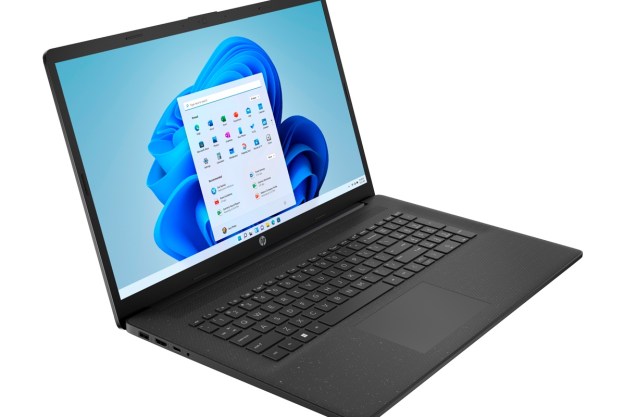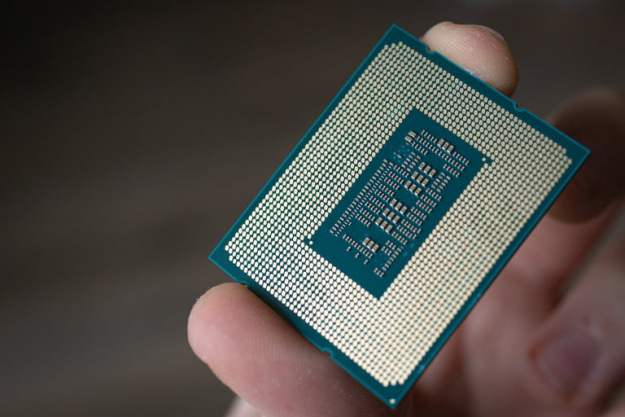
Violeta Tulceanu at the Alexandru Ioan Cuza University in Romania described in her paper, “Brainwave authentication using emotional patterns“ how she and her researchers are studying the neurological events around different emotions and if this indicator of a sound mind could be applied to authentication.
In their tests, the researchers stimulated a person’s brain using different sounds. The electrical patterns that emerge would, in theory, give some kind of indication of the person’s state of mind. The initial scans of the brain are referred to as an emotional “fingerprint.” This data is then stored and compared against the person’s electrical patterns in the future to find any possible changes before allowing access to a system or program. The researchers hope the data can be used to predict future behavior patterns as well.
Understanding the brain in this way, according to Tulceanu, would help determine a person’s motivation. Some of the practical uses include physical security systems to stop someone entering a building or analyzing a person’s state of mind before granting them access to financial or health data. In one extreme example, the method could be used to inhibit someone of ill mind that usually has access to weaponry or military equipment or to make sure that person was acting on their own accord.
The research is still at an early stage, so don’t expect to see anyone getting their brain scanned before using an ATM anytime soon.
It is another novel approach to biometric authentication, though. As the old methods of passwords and PINs becoming increasingly insecure and unreliable, we’ve seen more and more use cases of fingerprint or iris identifiers. But we’ve also seen researchers toy around with different ideas that are a little outside the box, including a method that identifies someone’s hair protein.
Analyzing emotions as an authentication process is a relatively newer idea. Another researcher, Abdul Serwadda, at Texas Tech University is also examining the efficacy of brainwaves for ongoing authentication. His method involves continually monitoring a user while they are using a system to ensure no one else has taken over after the login process.
Editors' Recommendations
- Apple Security Research website launches to protect your Mac
- How to stop your emails from being tracked, and preserve your privacy
- After knocks on its security, Ring makes two-factor authentication mandatory
- An infinite loop: New research suggests the universe may be a closed sphere
- Forget Face ID! Next-gen biometrics will listen to the sound of your bones


